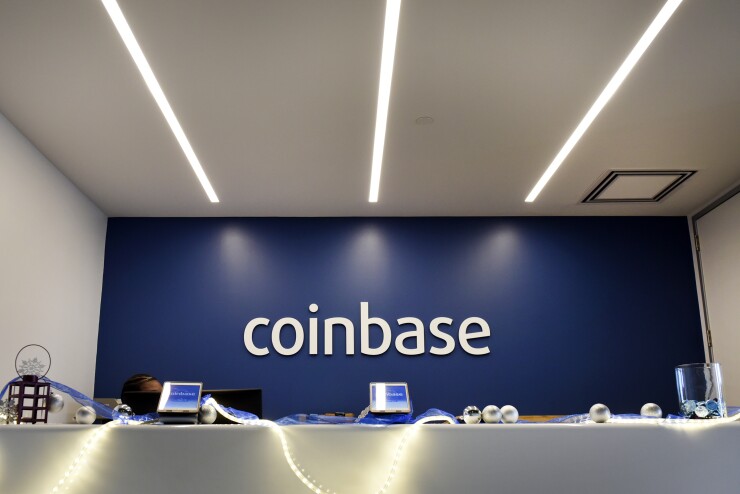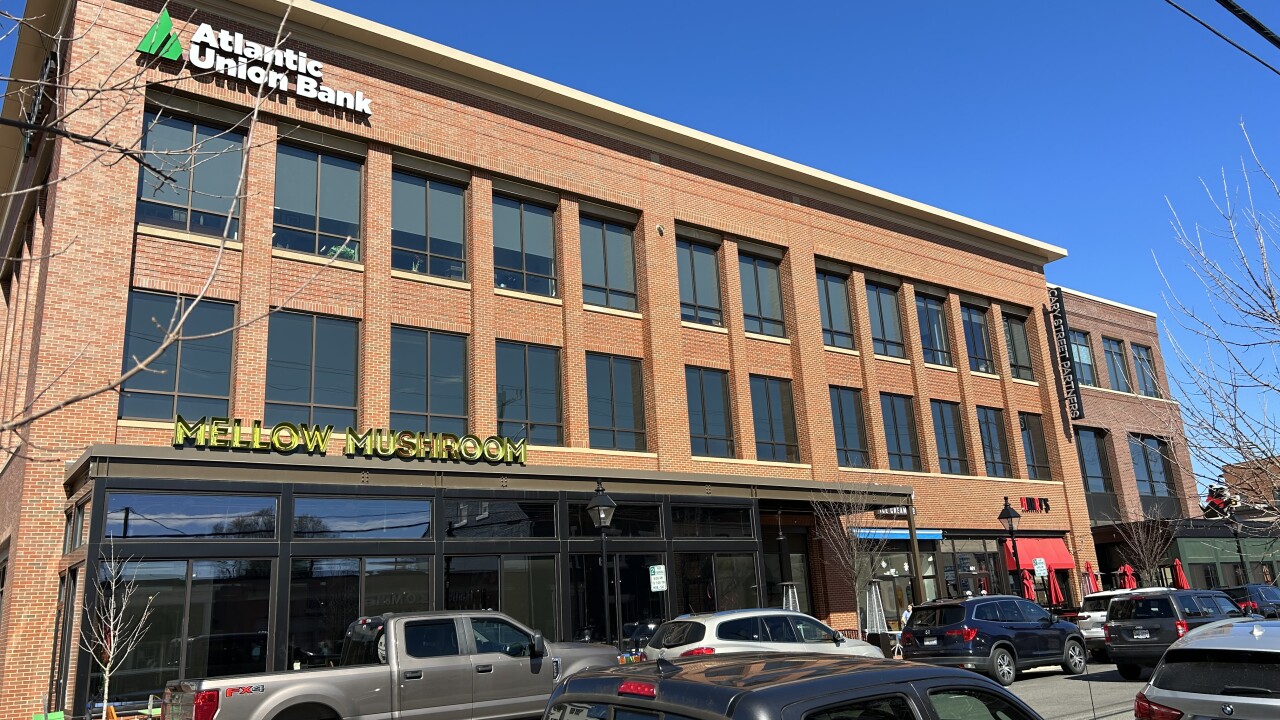Coinbase Card has expanded its cryptocurrency exchange payment cards into 10 new countries and added five new crypto assets that users can spend.
Coinbase users spend crypto assets through contactless Visa debit cards, with the service now available in Bulgaria, Croatia, Denmark, Hungary, Iceland, Liechtenstein, Norway, Poland, Romania and Sweden. The expansion brings Coinbase reach to 29 countries.
The crypto tokens now in use include XRP, BAT, REP, ZRX and XLM wallets. Those assets join BTC, ETH, BCH and LTC as options users can spend at millions of locations worldwide where Visa is accepted.

"Since launching earlier this year, Coinbase Card has helped tens of thousands of users spend their crypto as easily as the money in their bank accounts," JD Millwood, head of marketing at Coinbase U.K., said in a Thursday press release. "With Christmas shopping approaching, the demand for Coinbase Card will be higher than ever."
In addition to converting crypto to currency for everyday spend, Coinbase also provides users summaries of spending in addition monthly statements. Consumers with a Coinbase account can download a Coinbase Card app to spend crypto through the in-app card before the contactless Coinbase Card arrives in the mail.
By more than doubling its assets and expanding into new countries, Coinbase "continues to help drive crypto's role as a utility, and not just an investment," Coinbase U.K. CEO Zeeshan Feroz said in the release.
Coinbase has overcome issues it faced last year when some users were inadvertently double-charged for cryptocurrency purchases, specifically by
The company has also worked closely with Barclays to open a British bank account.





